|
People ages 50 and older control more than 70 percent of the country’s wealth, so fraudsters are finding new ways to target retiring baby boomers and the growing number of older Americans. This type of crime called elder financial abuse is on the rise and is estimated to have cost victims at least $2.9 billion last year alone.
Elder financial abuse is a crime that deprives older adults of their resources and ultimately their independence. Anyone who sees signs of theft, fraud, misuse of a person’s assets or credit or use of undue influence to gain control of an older person’s money or property should be on the alert. Those are signs of possible exploitation. Older Americans that may have disabilities or rely on others for help can be susceptible to scams and other fraud. Advances in technology can also make it difficult for seniors to know who to trust and what's safe. Tips for Seniors Despite these threats, taking simple steps to safeguard personal information and being aware of warning signs can protect aging men and women from financial abuse.
The key to spotting financial abuse is a change in a person’s established financial patterns. Watch out for these “red flags”:
Never give your Social Security number, account numbers or other personal financial information over the phone unless you initiated the call. This article content created by the American Bankers Association is provided by MVB Bank. More information about Safe Banking for Seniors and other financial tips for consumers can be found on the ABA website: https://www.aba.com/advocacy/community-programs/consumer-resources. If you would like more information from your local bankers on this or other topics, please email Amy Baker, VP, Corporate Communications & Marketing, at [email protected] or visit www.mvbbanking.com.
1 Comment
No one needs to say that 2020 has been overwhelming to say the least, because we all are well aware of that with Covid-19 and the social unrest occurring all at once. After struggling through April through June, at the beginning of July I decided that I was starting my year over. It would be a fresh start to redeem and reinvigorate my goals and intentions for the year. I decided to refocus myself with the new information I had from the first six months of the year and move forward with my goals and plans with the consideration that things could change in the blink of an eye. Three things can help you to be more intentional about the remainder of 2020 no matter what is going on.
Invest Time. No matter what year it is and what is going on in the world one thing doesn’t change, we must set our intentions to invest time in ourselves. 2020 has allowed many people to start a side hustle, begin a new hobby, or spend more time finding things to enjoy at home. However, we have to be intentional to continue that as things are reopening and some aspects of life are transitioning into the “new normal”. A few ways to ensure that you are creating the time to invest into yourself are: · Setting limits on the time you spend on social media · Find at least one specific thing you care about to invest your time in · Be intentional with your time, use planners, e-calendars, and alarms to keep you accountable for the time you are spending doing any given thing throughout the day. Invest in Building a Strong Mindset. Your mindset will determine your direction and if your goals will succeed. If you want to shift your mindset to being one that is intentional, your goals for the year will occur at a rate you won’t even believe over time. You can invest in your mindset by: · Hiring a life coach to help you recognize self-defeating ways, based on fear, or to help you create a strategic plan for your goals and dreams in life. · Working with a therapist to address any traumas or deep-rooted issues that may be interfering with your success and well-being in adulthood. · Reading books that expand your mind beyond your perspective and looking at the possibilities of life. Invest in Learning Something New. One of my strongest core beliefs is that the more you know, the more you will grow. Invest in yourself by choosing to learn more than you knew yesterday. Spending some intentional time focused on learning can be a gamechanger for your life. Take some time the remainder of this year to invest in learning something new by: · Attending virtual conferences, workshops, and courses that align with your goals · Reading books that challenge you to think · Watching documentaries and videos on topics of interest In a year like this it is important to develop a strong foundation for your goals and plans. Take this time to be intentional and develop your foundation by investing time into yourself, strengthening your mindset. Follow Latisha as she emboldens people of influence to replenish as they thrive. Tune into her weekly podcast The Refill with Latisha Carr or follow @latisha.carr on Instagram. The key to a good budget is including as much information as you can, so that you can adequately prepare and plan. It's important to keep accurate records of your spending so you'll spot places where you can save money and know how much you can reasonably spend.
Did you have money left over at the end of the month – or too much month left at the end of the money?
Here is a link to some helpful interactive calculators to help you make important financial decisions:https://www.aba.com/advocacy/community-programs/consumer-resources/calculators. This article content created by the American Bankers Association is provided by MVB Bank. More information about creating a budget and other financial tips for consumers can be found on the ABA website: https://www.aba.com/advocacy/community-programs/consumer-resources. If you would like more information from your local bankers on this or other topics, please email Amy Baker, VP, Corporate Communications & Marketing, at [email protected] or visit www.mvbbanking.com. Too often, lessons of our politics include only the stories of white West Virginians. The whitewashed history of Appalachia has primarily become its legacy, silencing the Black lawmakers that have worked to create a place where Mountaineers are always free. More than two and a half centuries after statehood, Black political power is still subject to the oppressive, white-supremacist structure that serves to erase it. Being Black in Appalachia has been overshadowed by white political narratives and documentaries to which we have all unknowingly accepted. Postbellum Appalachia is more than just what we have perceived through a white lens, and it’s everyone’s responsibility to recognize and explore the substantial Black influence on West Virginian legislation and policy.
As southern West Virginia's Black population grew in the late 1800s, Black individuals began to carry more weight in an overwhelmingly white political system. It wasn’t until 1896 that Christopher Payne, the first Black person to serve in the West Virginia legislature, was elected. From Payne onward, Black lawmakers in West Virginia have advocated for social and racial justice. Payne began West Virginia’s legacy of Black newspapers by establishing three of his own, bringing accessible information to marginalized Black communities. James Ellis, the second Black person elected to the legislature, played a vital role in revising West Virginia’s educational system to increase student success to this day. Unsurprisingly, many of West Virginia’s Black women were political trailblazers as well. In 1928, Minnie Buckingham Harper was appointed to the House, shattering the glass ceiling as the first Black woman to become a member of any legislative body in the United States. Harper’s appointment reflected the growing importance of southern West Virginia’s Black political coalition at the time and surely inspired women to pursue legislative careers nationwide. This included Elizabeth Simpson Drewry, the legislature’s second female Black delegate who introduced several major bills from providing compensation for victims of black lung to amending the state constitution so that women could serve as jurors. The first Black person elected to the Senate was also a woman, Marie Redd, who began to serve only about two decades ago in 1998. Black history and hidden history should not be synonymous; Black history is West Virginia history. The progress made by our Black lawmakers is a groundbreaking element of what the Mountain State is today. Their fight to build a more just society and their spirit of public service alongside racial struggle depicts their true dedication to West Virginia, and their innumerable contributions deserve to be recognized. From Christopher Payne and Minnie Buckingham Harper to Sean Hornbuckle and Danielle Walker, Black Appalachian history continues to be made in front of our very eyes, and it is our job to break down the constructs used to erase Black power as well as to learn and teach about the presence and significance of West Virginia’s Black lawmakers. About the Author: Myya Helm is pursuing a bachelor’s degree in Political Science and International Studies at West Virginia University. Her academic interests lie in racial and multicultural affairs, ranging from Black American politics to Middle Eastern refugee policy. Myya’s past undergraduate research has focused on the prevalence of police misconduct among Black and other minority groups. Her writings on Black history and being a Black West Virginian have been published by the West Virginia University Undergraduate Literary Journal and Black Business Now magazine. She is an intern of West Virginia Delegate Danielle Walker, one of the two Black women in the West Virginia House of Delegates, and more recently worked with Delegate Walker to pass The Crown Act, a bill to ensure protection against the discrimination of race-based hairstyles. Throughout her community, she often presents at events celebrating Black culture and heritage. On campus, Myya works to address racism within the university policing system, is an Anti-Racist and Gender-Inclusive Safe Zone Trainer with WVU’s LGBTQ+ Center, and has served on the Student Government Association’s Diversity and Inclusion Committee as a senator. Myya is also a David L. Boren scholar, a Benjamin A. Gilman scholar, the Vice President of her collegiate NAACP chapter, and the 2017 Youth Queen of the West Virginia Black Heritage Festival. We are told that time heals all wounds.
That is not true. We are told that if we just try hard enough we can be perfect. That is also not true. Celebrate Recovery recognizes that we all have hurts, habits and hang-ups. We have been hurt in life and as it says in Jeremiah 6:14 “You cannot heal a hurt by saying that it is not there.” You have to work through that hurt or that hurt is going to continue to work on you. We all have habits that are not God’s plan. It says in Jeremiah 29:11 “For I know the plans I have for you,” declares the LORD, “plans to prosper you and not to harm you, plans to give you hope and a future.” Life on life’s terms in tough and it is easy to get hung-up somewhere along that line. Jesus wants us to have freedom and tells us in Matthew 11:28 “Then Jesus said, “Come to me, all of you who are weary and carry heavy burdens, and I will give you rest.” Celebrate Recovery is a Christ-centered and Biblically balanced 12 Step recovery program that was started 29 years ago at Saddleback Church with Pastors Rick Warren and John Baker and now is in more than 30,000 churches in over 38 countries. Everyone can benefit from Celebrate Recovery. It helps those with all kinds of additions to drugs, alcohol, gambling, pornography and food; codependency; grief; anxiety and depression; abuse and trauma; control issues and more. You name it and if a human being has to deal with it then Jesus through Celebrate Recovery can help it. There is also a children program for those 5 to 12 called Celebration Place and a teen version called the Landing. The whole family can come to Celebrate Recovery. There is no need to sign up. You can just show up at a CR near you. And it is free. There are 4 Celebrate Recovery meetings in 4 churches on different nights in Harrison County…and more than 50 in WV. Please check the website www.celebraterecovery.com Celebrate Recovery Homepage What is Celebrate Recovery? It is a Christ centered, 12 step recovery program for anyone struggling with hurt, pain or addiction of any kind. It is a safe place to find community and freedom from the issues that are controlling our life. www.celebraterecovery.com or contact me at 304-677-8880 for details. The 2020 election process is proceeding during this challenging time of pandemic and quarantine. The country is in crisis and our opportunity to vote for new leadership is in our hands. Together, we must organize and carefully prepare to Get Out to Vote activities in our communities and select candidates that are going to represent us. It has been difficult to gather people, hold rallies, get our message out and motivate people to go to the polls in sufficient numbers. Strategies of success and inclusion are now being developed.
Registration Deadline for General Election October 13, 2020 (post received by Oct. 16th) West Virginia Online Voter Registration Website www.ovr.sos.wv.gov Deadline to Request an Absentee Ballot Wednesday, October 28, 2020 Deadline to Return Completed Absentee Ballot Hand deliver Monday, October 2, 2020 Early Voting October 21 -31, 2020 Drive to Survive October 2020 Stroll to the Polls Saturday, October 24, 2020 Saturday, October 31, 2020 General Election Tuesday, November 3, 2020 - Polls Open at 6:30 A.M. Please feel free to contact me with additional GOTV suggestions or activities at 304-543-0248 or [email protected] . Let’s make it happen. Karen P. Williams Black Diamond Baseball Foundation’s mission is to increase opportunities for Black minorities in the sport of baseball by bringing awareness to the diverse history, reducing financial barriers and creating more accessibility for Black minorities and underrepresented youth to play the sport.
The Foundation was started because the disparity of Black youth and professional players within the sport of baseball is obvious from a personal perspective and statistical standpoint. By identifying three major areas of opportunity; education, accessibility & the financial barriers, we hope to change the current demographic of baseball, starting at the youth levels. We began executing our mission by partnering with our local Little League chapter, Jefferson County Little League. We proposed, organized, and hosted Little League’s first ever Negro League Day Celebration on July 11th, 2020, which also marked the 100th Anniversary of the start of the Negro Leagues. The surrounding communities were in attendance and showed an overwhelming amount of support and appreciation for what this event meant to them and their families. The opening ceremony began with honoring the Negro Leagues’ history by highlighting some of the greatest baseball players to ever play the game: Leroy “Satchel” Robert Paige, Josh Gibson, & Jackie Robinson. We also honored the Black alumni of Jefferson County Little League and their baseball achievements during and after their Little League experience. It was also important to us to have “Lift Every Voice” sung prior to the start of this event to give young players and the community the experience of hearing this historically significant song sung during a youth sporting event. The two teams that played in the showcase game represented the Homestead Grays vs the Kansas City Monarchs. This event gave us the opportunity to educate the community and players about baseball’s diverse history at a professional level and also at the local level. Our future plans are to partner with youth baseball organizations to host educational events like the Negro League Day Celebration. We also plan to connect with schools to ensure that students are informed of spring registration for youth baseball organizations and are aware of other baseball opportunities within their community. Lastly, we plan to work with the city/county Parks & Recreation Board to increase accessibility to baseball facilities in their area. Sarah M Warner President, Black Diamond Baseball Foundation I’m not crazy, but…
I feel like my brain won’t shut off. It won’t let me sleep. Thoughts swirling. Re-hashing every conversation I had today. Wishing that I had said something different. Worried that someone is thinking that I’m horrible or not good enough. I wake up in the middle of the night with dreams where horrible things happen to the people I love. I can’t concentrate or get anything done-- all I can do is worry. When you are feeling like this it could be anxiety. Worry can be helpful and protective. Worry prompts us to plan. Worry keeps us from doing stupid stuff. Anxiety is when worry turns toxic. Anxiety makes us feel sick. Anxiety causes our brain to send danger signals, that trigger a rush of adrenaline. The true enemy can be our thoughts. The result is adrenaline when without an outlet, implodes. Causing: * the heart to race and pounds, *our breathing to speed up and feel difficult, *makes all of our muscles tense, *our throats feeling like it is impossible to swallow. Sometimes the anxiety is so bad that you might even feel like passing out with dizziness and lightheaded. Sometimes it’s called Generalized Anxiety Disorder with or without panic. How can I help myself? Breathing. I swear breathing is the best and fastest way to control worry. The adrenaline makes us breathe fast and shallow trying to get oxygen to our arms and legs to fight off the danger. It can be hard to remember to exhale. And a lot of times when people get worked up, we actually hold our breath. Really pay attention the next time you are nervous or angry. It’s like your brain is going so fast if forget to breathe. No one likes to breathe into a bag. So, don’t. The goal is to breathe slow, deep, and exhale fully. There are a million breathing practices. They all work to a certain degree. *notice your breathing *focus on one good breath followed by another. (Google 4-7-8 Breathing) Other things you can do that don’t involve a co-pay *Meditate (some apps are free now due to COVID) *Exercise, it’s the best medicine for anxiety When should I reach out for help: *when anxiety becomes panic and feels like a heart attack. *When anxiety keeps you from taking care of yourself *when anxiety keeps you home from work, *when anxiety keeps you from talking to your friends and family. What help looks like: Counseling. It is more than talking about your problems like you do to your friends. Counselors are your thinking trainers. You have to learn how to change bad habits of thinking errors. Personal training. If exercise and meditation on your own aren’t helping, then, trainers, counselor,s and life coaches can help you achieve your goals. Acupuncture. Eastern medicine is very helpful for anxiety. Medicine (prescription and natural). Medicine won’t make problems go away but make anxiety and difficult situations easier to manage. Anxiety does not discriminate, it attacks all races, genders, and creeds. Don’t let it control your life. Put the salt down, get sun when it shines, fish oil is your friend. Missy, MD About the Author: Doctor Melissa Albert hails from Clarksburg, West Virginia, and graduated valedictorian from Notre Dame High School. She attended West Virginia University and obtained a Bachelor of Arts degree in psychology. She continued at WVU to complete medical school and receive a Doctorate of Medicine. Dr. Albert first completed a three-year residency in Pediatrics at Wright State University in Dayton, OH. While working with children and families she realized that she wanted additional training to focus on emotional needs. She then returned to West Virginia University and completed a three-year Psychiatry residency. She also served as Chief Resident during her final year. She worked at the WV University at Chestnut Ridge Center from 2007-2011. She worked with children hospitalized medically for issues of stress, anxiety, and depression. She then worked for Cornerstone Care a non-profit network of Federally Qualified Community Health Centers (FQHC) from 2011-2016. She then returned to West Virginia as she felt it important to care for individuals in her home state. She worked with PSIMED Corporation in the Morgantown and Charleston locations. She cared for adults, children, and adolescents providing outpatient psychiatric care as well as youth court-ordered to residential juvenile treatment. She now works at Wedgewood Family Practice and Psychiatry. There she provides outpatient psychiatric evaluation and medication management for adults, adolescents, and children. 21 years, 9 months, and 17 days in the military from 1955 to 1976.
I was in the Air Force for 4 years and the Army for 18. I did 3 tours in Vietnam. I did 3 tours in Germany. I did one tour in Korea. As an African American in the military, I went to Europe in 1956. Some of the white soldiers told the little kids that blacks had a tail. They could come around and raise the back of your overcoat to see if you had a tail. They also used the N-word. Little kids would sing an N-word song walking behind you. This all came from their exposure to the white soldier. Plus, the bars were segregated. This was after the military in 1949 integrated. It was not a rosy trip. It was tough. Promotions: Then all of the sergeants in charge were white. Mostly southern. it was tough to get promoted. I went overseas with two stripes. I had a master sergeant Poe. He told me if I play basketball, I would leave with two stripes. three years later, what he said was true. I left with two stripes. some of the white airmen that came over, they got promoted to E5 and they came over as a PFC. I came over as an Airman Second Class. I was a pretty good baseball pitcher. As a matter of fact, I was being scouted by the Dodgers. I had a little girlfriend from England. Every time I would pitch, she would come and see me. After the game, she would run out onto the field and hug and give me a kiss. As soon as baseball season ended, they shipped me out to Germany. Because they did not want to see that. So, it was not a Rosie trip. It was tough. Promotion wise, I was probably the best-dressed soldier in my company. I could shine a shoe until it looks like mercury. My uniform was always pressed and clean, my buttons were always buttoned. I did not make a stripe. In Vietnam in 1966, I was working in the motor pool as a final inspector on vehicles. My first sergeant, the senior enlisted man in my company, he and his buddy had been drinking and they were in the latrine. I came up late after final inspecting a five-ton dump truck. The first sergeant and his buddy were the only two in the latrine. They were on the right side of the latrine and I went to the left side. His remarks were “Yea, I don’t see nothing wrong with a n*gg*r. Every white man should have two of them.” I went off! And if he were not wrong, I would have been a private because I cussed him out. He was supposed of been lifted by the higher powers. He had to retire from what they told me. but they shipped me out as soon as they could after the incident. It wasn’t two weeks afterward; I was on my way back to the states. So, all these things that you had to endure. Among the black soldiers, on promotion day we had a Passover party. Because all of us got passed over. I had six years in grade as an E5. I was probably right in the middle because we had some guys that had 10 years who served a whole tour in Vietnam under this first sergeant and did not get promoted. So, he put a block on our promotions. I had gone to school in Fort Carson Colorado for TAMMS. Tactical Army maintenance mechanical systems. Colonel Colin Powell was in charge. He was a G4 officer. He wrote me a letter of appreciation. it remained in my records. After which, I made E6, E7, and was in line for E8 if I would have stayed two more years, but I was ready to retire. After he got promoted, he left and went to the Pentagon. he got promoted to general. In other words, he was high up in the ranks of the army. So, they recognize that letter that he had written about me. that is what helps me get promoted. Acting first sergeant. I was in charge of transportation for the executive branch. all of that occurred after I was under his jurisdiction. That is my army story. My family moved to Clarksburg in 1944 when my younger brother was born; I was 2 years old. Do not bother with the math – I’m 78. My ethnicity and age dictated that I attended Kelly Miller School, the segregated school, from 1948 to 1956 through grade school and junior high. With the Harrison County integration of schools, I transferred to Washington Irving High School.
I indicated my age just to imply that I am in the homestretch of life, but also to reflect on some of the lessons learned during my lifetime, particularly things learned that did not come from books. I attribute most of those ‘life-lessons’ to time spent at Kelly Miller. Two of those lessons learned were: A sense of belonging in this world, and a sense that I could achieve any/all aspirations. To be fair, it was not the school that resulted in those strong life lessons, but the teachers. I remember that a large proportion of those teachers earned advanced degrees. That had no meaning to me while at school, but on reflection in my later adult life things fell into place. During my college and early corporate training classes in the 60’s, there were few minority students – often only 1. Yet I knew I could endeavor because of that ‘sense of belonging’. I had learned sentence structure and the conjugation of verbs, Shakespeare, word derivatives (Latin), as well as a background in STEM. All were helpful in classroom and training classes. Yet, there was a stronger sense that I could achieve whatever target I set. That was a reflection of those teachers from their discussions and lectures, not from a lesson itself. Philosophy and psychology are not my strong suits, listening was and is. Kelly Miller and its teachers prepared me for life. I guess most of you feel the same about your school experience, but this was unexpected from a black, segregated school in the 1940’s. The success of our alumni (some older than me) attest to that. |
Due to the COVID-19 pandemic, the 2020 West Virginia Black Heritage Festival has been canceled but that doesn't mean we're taking a break! Archives
January 2021
Categories |

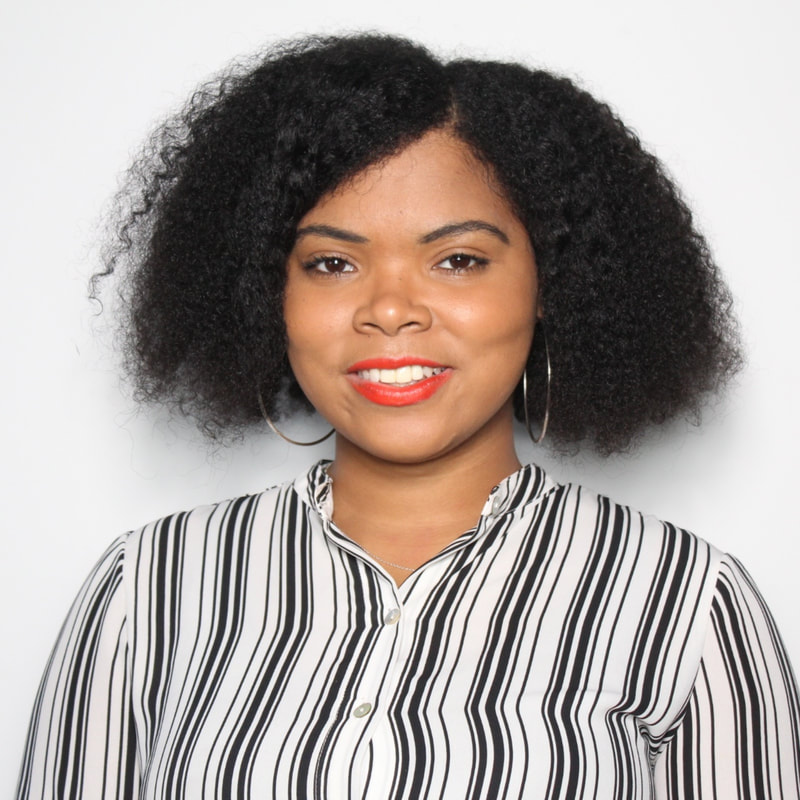
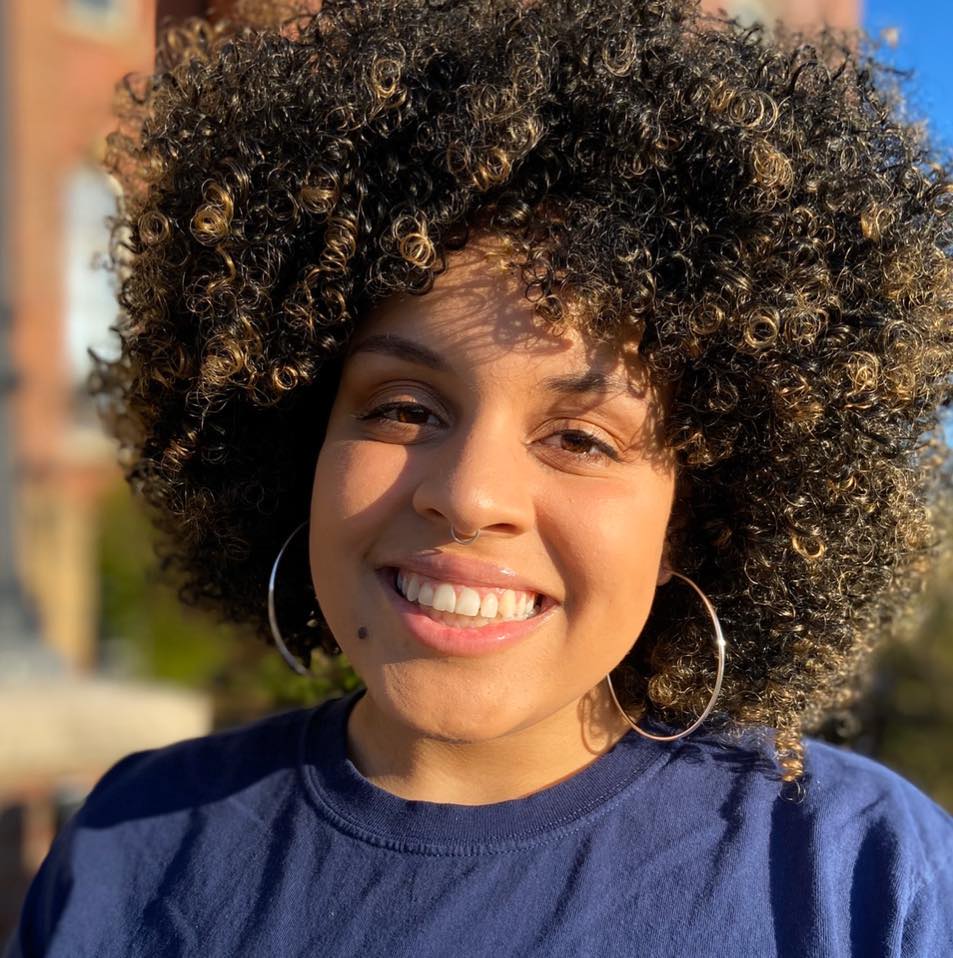
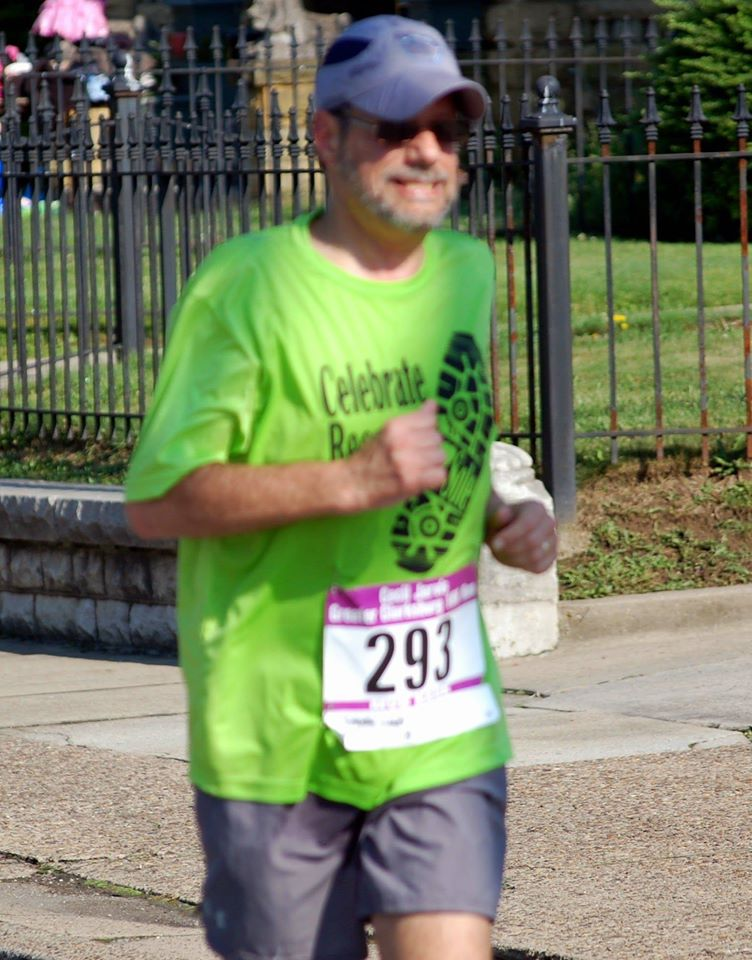
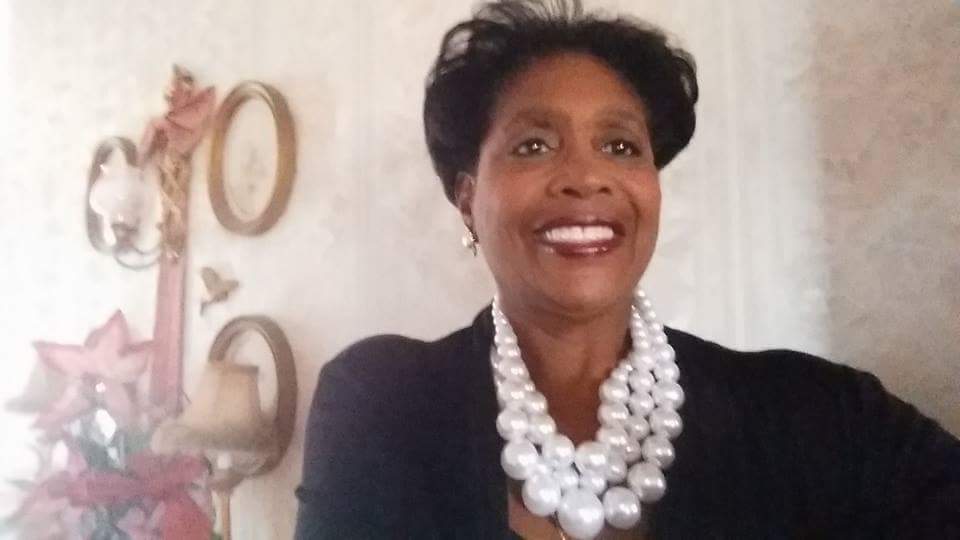
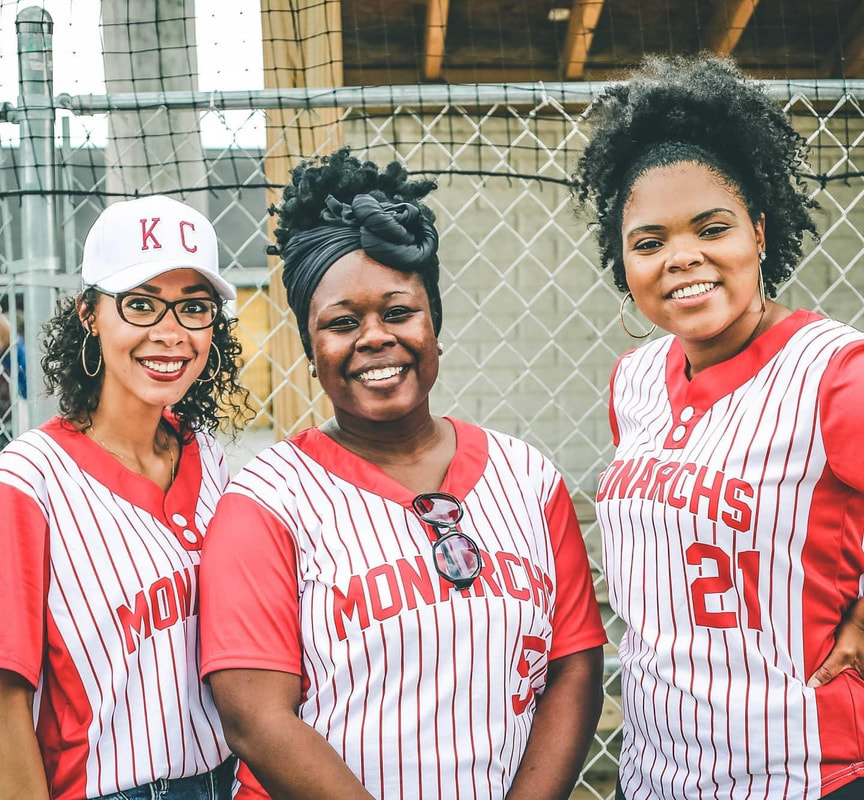
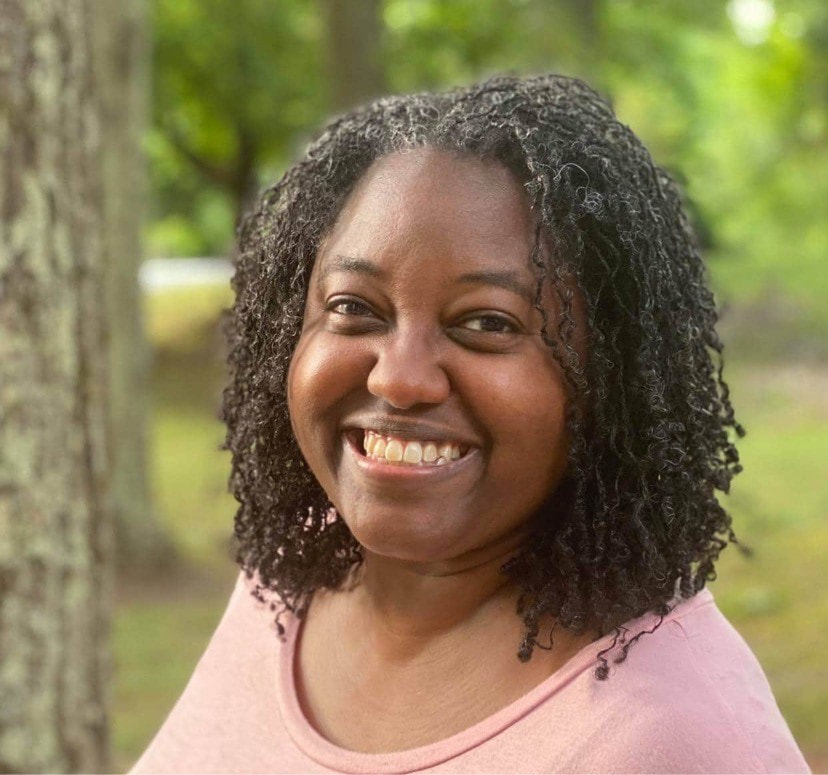
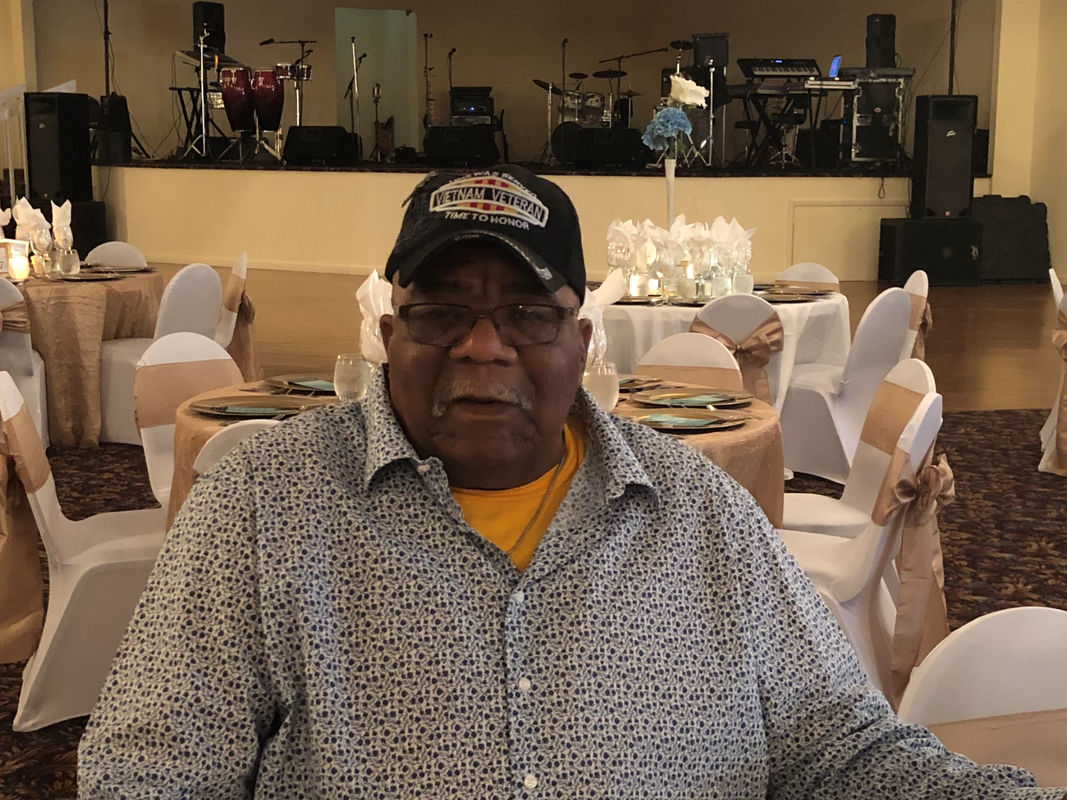
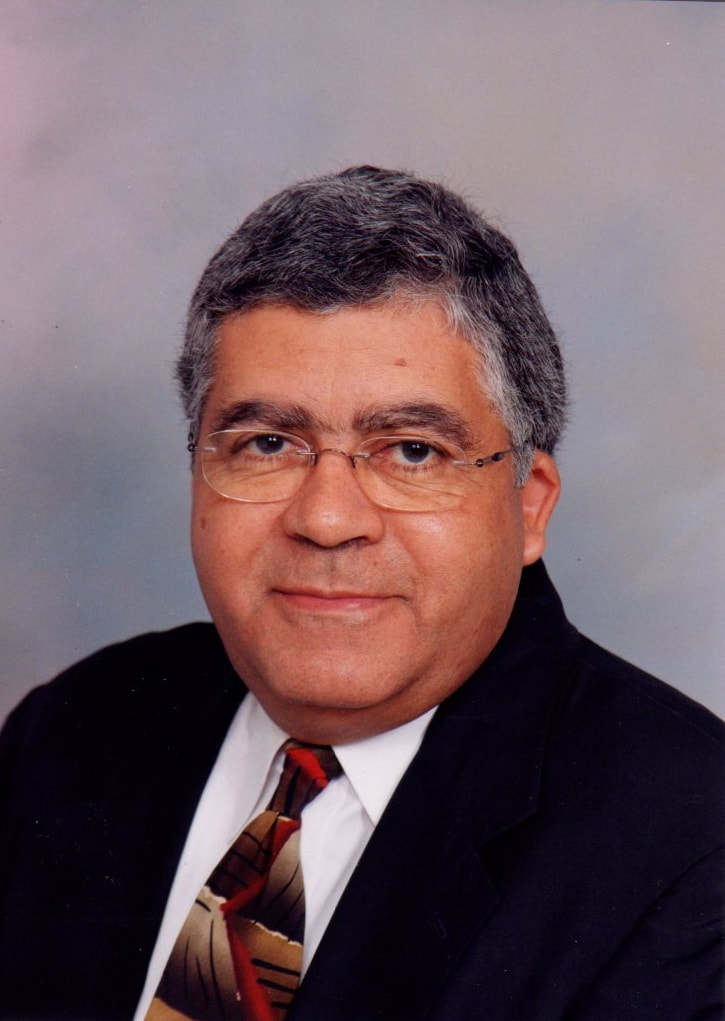
 RSS Feed
RSS Feed